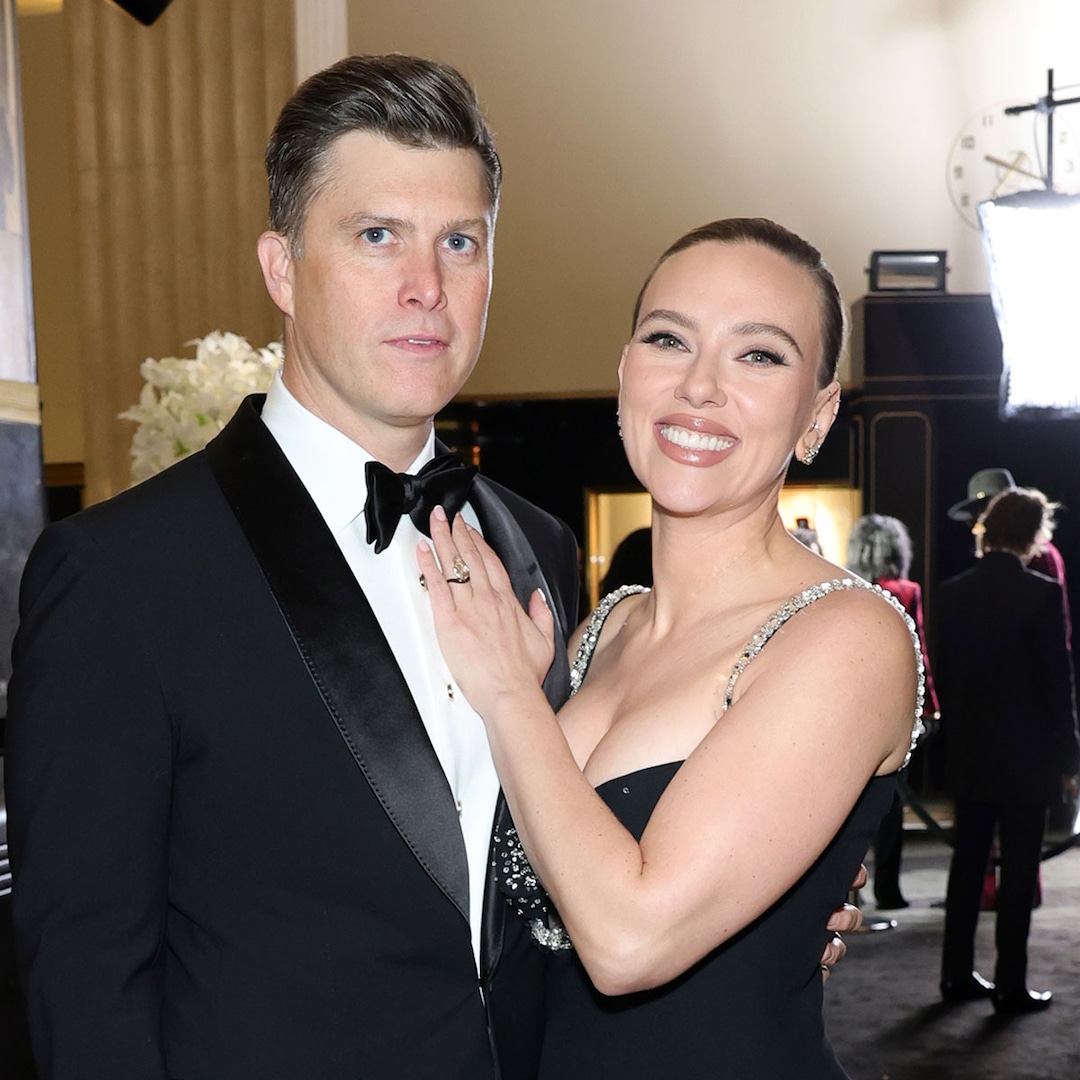Scott Pelley said that a settlement of Donald Trump‘s lawsuit would be “very damaging” to the reputation CBS and Paramount, while the 60 Minutes correspondent also defended a recent commencement speech where he warned of the threats to freedom of speech.
Appearing on CNN‘s post show following the live telecast of Good Night, And Good Luck, Pelley sat down down fellow 60 Minutes correspondent and CNN anchor Anderson Cooper.
“If there is a settlement, and as part of a settlement, there’s an apology, how damaging is that to CBS?”
“It will be very damaging to CBS, to Paramount, to the reputation of those companies,” Pelley said. “I think many of the law firms that made deals with the White House are at this very moment regretting it. That doesn’t look like their finest hour.”
As CBS-parent Paramount Global seeks Trump administration approval of its merger with Skydance, company lawyers have been in talks to settle the president’s lawsuit against the network. Trump sued CBS for $20 billion over the way that a 60 Minutes interview with Kamala Harris was edited. The lawsuit, filed under the Texas Deceptive Trade Practices Act, a law typically invoked for false advertising claims, has been deemed baseless by a number of legal observers.
Cooper called the situation “very strange.”
“You really wish the company was behind you 100%, right?” Pelley said. “You really wish the top echelons of the company would come out publicly and say, ’60 Minutes, for example, is a crown jewel of American journalism, and we stand by it 100%. I haven’t heard that.”
“On the other hand, my work is getting on the air, and I have not had anyone outside 60 Minutes out their thumb on scale and say, ‘You can’t say that. You should say this. You have to edit the story this way. You should interview this person. None of that has happened.’ So I while I would like to have that public backing, maybe the more important thing is the work is still getting on the air.”
Still, the executive producer of 60 Minutes, Bill Owens, resigned in April, concluding that he no longer had the ability to make independent decisions about the show, as in the past it has been walled off from corporate interference.
“Bill’s decision to resign may not have been much of a decision for him, because he was always the first person to defend the independence of 60 Minutes. Bill didn’t work for Paramount. Bill worked for our viewers, and he felt very keenly about that, and so I’m not sure Bill had any choice once the corporation began to meddle in Bill’s decisions about the editorial content, or just place pressure in that area. Bill felt he didn’t have the independence that honest journalism requires.”
During CNN’s post-performance coverage of Good Night, And Good Luck, Cooper also talked to a panel that included Kara Swisher, Connie Chung, Abby Phillip and Bret Stephens, with comparisons made to the situation that Murrow faced as he took on Joe McCarthy to today, when journalists are under attack by Donald Trump and his allies.
In their interview, Cooper asked Pelley how he thinks that Murrow would have handled the current situation at the network.
Pelley noted that Murrow’s producer, Fred Friendly, went on to become president of CBS News and eventually quit in principle over a disagreement about coverage of the Vietnam War.
“I wonder if Ed might have done the same thing, given our present situation. He would probably be waiting to see how this lawsuit with the president works out, and how the Paramount corporation deals with that and whether it fights. I think that would mean everything to Ed, and I also know where he would be on that question. It would be for fighting.”
Pelley also addressed a commencement speech he gave to Wake Forest University last month, “Speaking to Wake Forest University graduates, Pelley said that “our sacred rule of law is under attack. Journalism is under attack. Universities are under attack. Freedom of speech is under attack. An insidious fear is reaching through our schools, our businesses, our homes and into our private thoughts. The fear to speak. In America?”
MAGA commentators blasted Pelley for the comments.
Pelley, though, said that he “felt very strongly that this was something that needed to be said. It did not strike me that this would impact people’s thought of me as a journalist, because part of that speech is a speech about freedom of speech. That should be non-controversial.”
He said that “there was a little bit of hysteria among some about this speech. And I simply ask you, what does it say about our country when there’s hysteria about a speech that is about freedom of speech?”
Pelley said that what has surprised him the most about his reporting on the administration is “how pervasive the fear is.” He said that it is more difficult to get people to talk about Trump on camera.
“They do not want to stick their head up over the foxhole,” Pelley said. “And that is part of what the Wake Forest speech was all about, that we must not be in fear. This is exactly what Ed Murrow was saying in that editorial at the end of the McCarthy broadcast. We much not walk in fear of one another. We are not descended from fearful people.”
Pelley said that he believe that the U.S. is moving in a “similar direction” as the McCarthy era. “People are silencing themselves for fear the government will retaliate against them, and that’s not the America we all love.”
Source link



